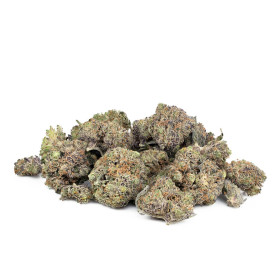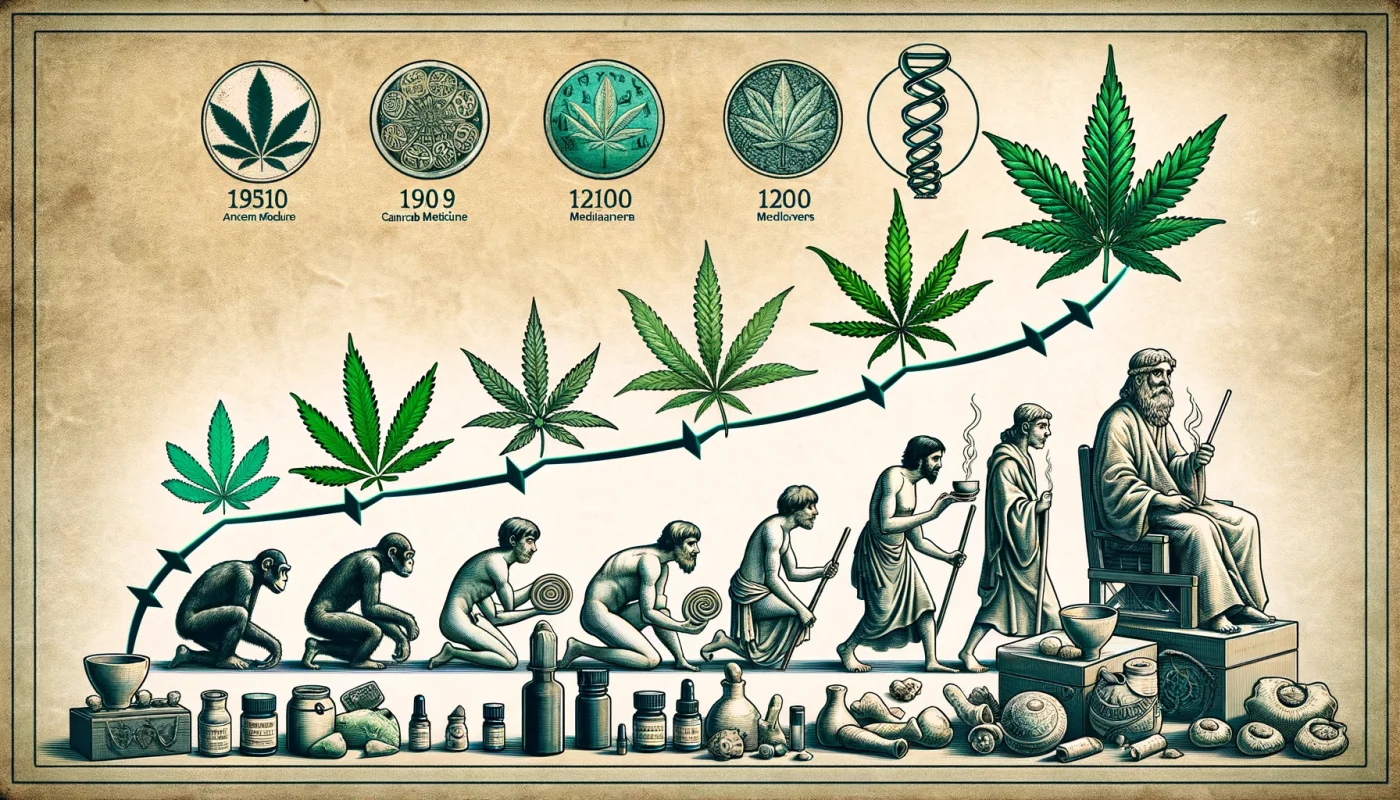Marijuana
The History of Cannabis: From Ancient Medicine to Modern Market
Cannabis has traversed a long and winding road, evolving from its ancient medicinal roots to its contemporary status in the global market. This journey not only reflects changes in societal attitudes and legal frameworks but also underscores the plant’s enduring significance across cultures and epochs. This article delves into the rich tapestry of cannabis history, highlighting its origins, its pivotal role in Canadian cannabis culture, its ancient usage by civilizations like the Greeks and Indians, and its evolution into the modern market.
What are the historical origins of cannabis?
Cannabis, one of humanity’s oldest cultivated crops, boasts a history that dates back over 12,000 years. Its origins are believed to lie in Central Asia, specifically in regions that are now Mongolia and southern Siberia. Ancient texts and archaeological evidence suggest that cannabis was cultivated for its psychoactive properties, as well as for hemp fiber, which was used in clothing, fishing nets, and rope.
Ancient Use and Recognition
The versatility of cannabis was recognized early on, with its seeds, fibers, and oils used in various cultural, religious, and medical practices. The Vedas, sacred Hindu texts, refer to cannabis as one of five sacred plants. Similarly, evidence from ancient China indicates that cannabis was utilized for its medicinal properties as early as 4000 B.C.
What is the history of Canadian cannabis?
Cannabis’s journey in Canada began in the early 1600s with the introduction of hemp cultivation by French settlers. Initially grown for its fiber, hemp played a crucial role in the emerging colony’s economy. The shift towards recreational and medicinal cannabis use in Canada gained momentum in the 20th century, leading to its prohibition in 1923 under the Narcotics Drug Act Amendment Bill.
A Shift Towards Legalization
The latter half of the 20th century saw growing advocacy for cannabis legalization, culminating in the landmark decision to legalize medical cannabis in 2001. This paved the way for the historic Cannabis Act of 2018, making Canada the second country in the world to legalize cannabis for recreational use, a move reflecting a significant shift in societal attitudes and governmental policy towards cannabis.
Did the ancient Greeks use cannabis?
Yes, the ancient Greeks were aware of cannabis and utilized it for various purposes. Historical records, including the works of Herodotus, describe the Scythians—a group that interacted with the Greeks—using cannabis in steam baths. This practice was believed to induce a state of intoxication and purification. Moreover, there is evidence suggesting that the Greeks used cannabis seeds in certain foods and remedies, highlighting the plant’s medicinal value in ancient Greek society.
What is the history of cannabis in ancient India?
In ancient India, cannabis held a significant place in social, religious, and medicinal practices. It was known by many names, such as “ganja” for the flower and “bhang” for a traditional drink made from the leaves. Cannabis is mentioned in several ancient texts, including the Atharvaveda, as one of the five sacred plants. It was used in religious rituals to invoke deities, as well as medicinally to treat a variety of ailments from headaches to insomnia, reflecting its deep-rooted cultural and spiritual significance.
Medicinal and Spiritual Uses
Cannabis in ancient India was not only consumed for its psychoactive effects but also applied in Ayurvedic medicine, a holistic approach to health that is still practiced today. Its use was guided by complex understandings of health and wellness, demonstrating an early recognition of its therapeutic potential.
Cannabis: A Global Journey
As we trace the history of cannabis from its ancient origins to its modern incarnations, it becomes evident that this plant has played a multifaceted role in human society. Its journey from ancient medicine to a contentious subject of modern legal and cultural battles, and finally to a recognized commodity in the global market, illustrates a dynamic history marked by periods of acceptance, prohibition, and renaissance.
Cannabis Today
In today’s world, cannabis continues to be at the forefront of legal, medical, and cultural discussions. With ongoing research into its medicinal properties and an increasing number of countries revisiting their cannabis policies, the narrative of cannabis is still being written. The story of cannabis is a testament to its resilience and versatility, reflecting the complex relationship between humanity and this ancient plant.
Conclusion
The history of cannabis is a rich and varied tapegraphy that spans continents and cultures. From its ancient medicinal roots in Asia to its controversial journey in Canada, from the steam baths of the Scythians to the sacred rituals of India, cannabis has played a significant role in human history. As we continue to explore and understand this complex plant, its history serves as a reminder of our evolving relationship with cannabis—a journey from ancient medicine to modern market.
FAQs
- How has the legal status of cannabis changed in Canada over the years?
- What were some of the earliest uses of cannabis?
- How did ancient cultures view cannabis?
- What role does cannabis play in modern medicine?
- Can cannabis be traced back to a single region of origin?
- What are some of the challenges facing the cannabis industry today?
For further reading on the fascinating history of cannabis, explore more details at Ganja Laboratory’s comprehensive overview.















